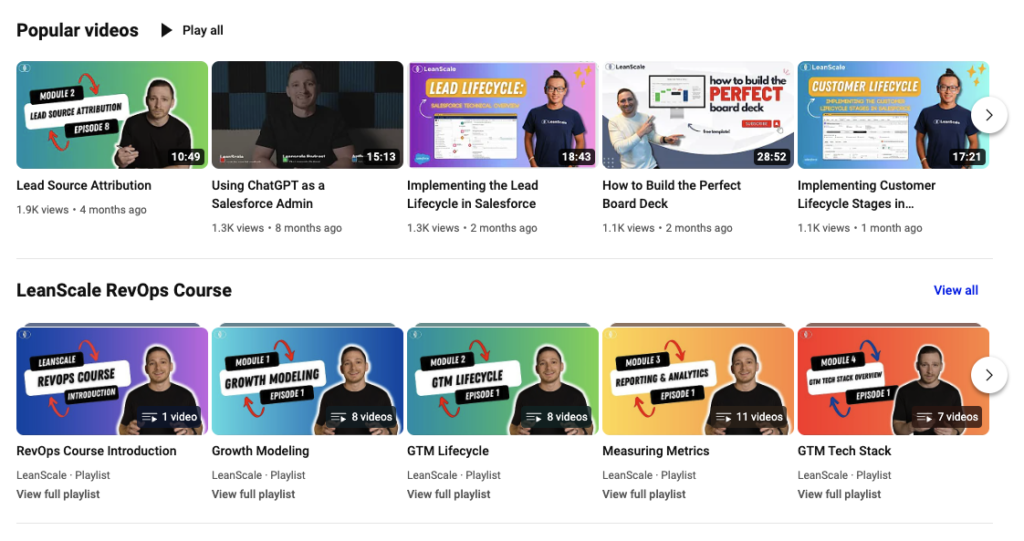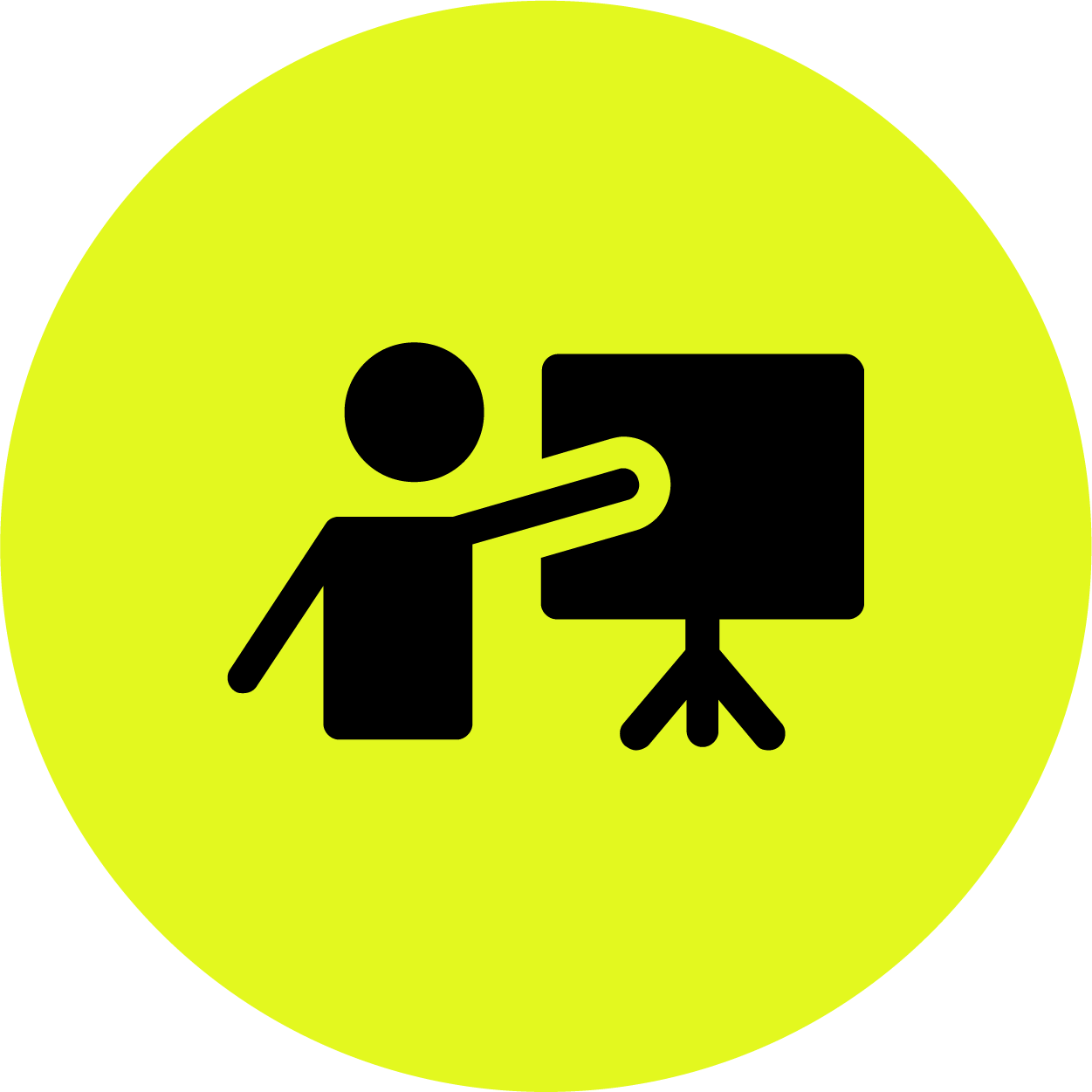Course & Tutorial videos
Free & Paid Courses | step-by-step tutorials | Workshops
Engage and educate

LeanScale | YouTube Tutorials
ENLIGHTEN
Accomodate
Elevate









We collaborate with you to understand the educational goals of your course or tutorial. Our team then develops a script and storyboard that align with your learning objectives.
Our production team uses the latest technology to create clear, visually engaging educational videos. Whether filming in-studio or on location, we focus on quality and clarity to ensure the best learning experience.
In post-production, we integrate graphics, animations, and effects that enhance the educational content. We also ensure that the final product is polished, professional, and aligns with your educational standards.
Course & Tutorial Video Production Pricing
*Bundle more than one service and save!
$
2160
FAQs
Creating a successful online course involves careful planning, content creation, and effective presentation. Here are the essential steps to make an online course:
Remember that creating a compelling and effective online course requires dedication, planning, and attention to detail. High-quality video production is often a key element in engaging learners and delivering valuable content. If you need assistance with video production for your online course, our Course & Tutorial Video Production services can help you create professional and informative video lectures.
Copyright © 2023 Sunset Video, LLC | Powered By KODA